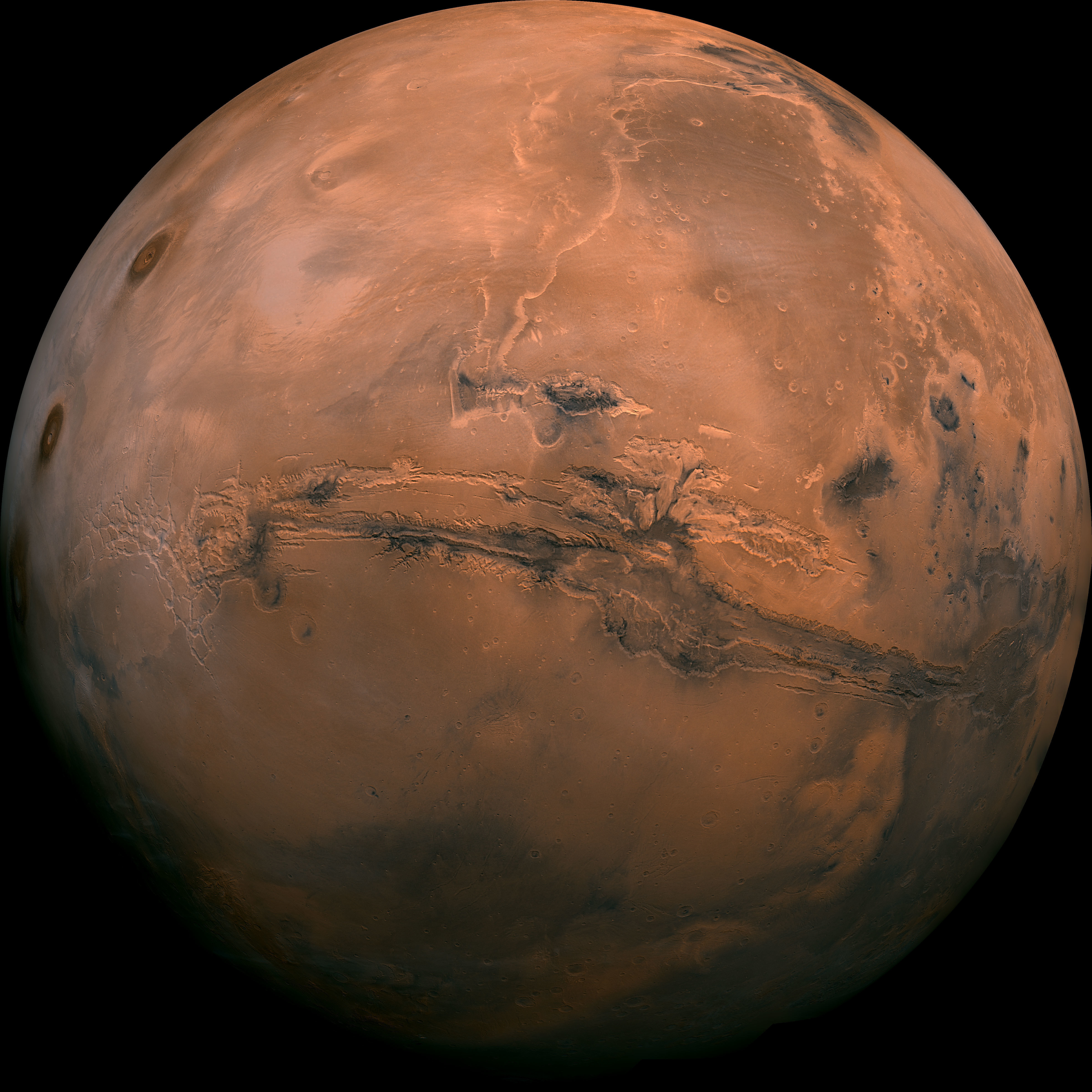What will China's rover be researching on Mars?


A free daily email with the biggest news stories of the day – and the best features from TheWeek.com
You are now subscribed
Your newsletter sign-up was successful
Perseverance and Curiosity have company.
The China National Space Administration successfully landed its Zhurong rover on Mars on Saturday, state media reports, making China the third country after the United States and Soviet Union to touch down on the Red Planet (the 1971 Soviet mission failed shortly after landing). It's considered a major achievement for Beijing's space program, which is growing more and more ambitious.
Zhurong will soon be deployed from the lander for a three-month mission, joining the aforementioned operational NASA rovers. So, what will it be doing? CNN and The Associated Press report that it will be searching for signs of ancient life, but the mission appears to be a little more specific than that. The Scientific American reports that Zhurong's landing site, Utopia Planitia, is "a rather bland expanse of rock-strewn sand," a good spot for a touchdown, but "decidedly sub-par for addressing cutting-edge research questions, such as whether Mars harbors past or present life."
The Week
Escape your echo chamber. Get the facts behind the news, plus analysis from multiple perspectives.

Sign up for The Week's Free Newsletters
From our morning news briefing to a weekly Good News Newsletter, get the best of The Week delivered directly to your inbox.
From our morning news briefing to a weekly Good News Newsletter, get the best of The Week delivered directly to your inbox.
That said, the mission should come in handy, Agnes Cousin, a planetary scientist at the Institute for Research and in Astrophysics and Planetology in France, told The Scientific American. "For the overall geological implications for Mars, it's very nice to have a new location to compare," she said.
Among other things, Zhurong is equipped with the first magnetometer sent to Mars, which reportedly could possibly reveal details of how Mars lost its magnetic field and, subsequently, its atmosphere and water billions of years ago. Read more at The Scientific American and The South China Morning Post.
A free daily email with the biggest news stories of the day – and the best features from TheWeek.com
Tim is a staff writer at The Week and has contributed to Bedford and Bowery and The New York Transatlantic. He is a graduate of Occidental College and NYU's journalism school. Tim enjoys writing about baseball, Europe, and extinct megafauna. He lives in New York City.
